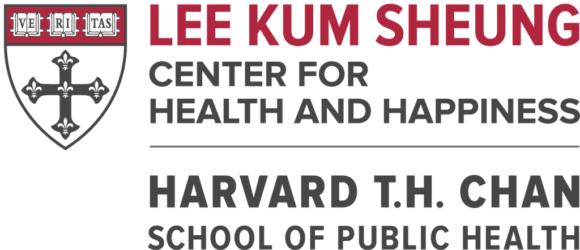Citation: Wagnild, G., & Young, H. (1993). Development and psychometric evaluation of the Resilience Scale. Journal of nursing measurement, 1(2), 165-178.
PMID or DOI: PMID: 7850498
Main positive psychological well-being construct measured: Resilience
Sub-constructs measured: Personal competence and acceptance of self and life
Available subscales: N/A
Description: The Resilience Scale measures resilience as a positive personality characteristic that enhances individual adaptation, specifically the ability to identify what is stressful, realistically appraise one’s capacity for action, and problem solve effectively. The scale was developed from qualitative work and theoretical work in psychology and philosophy, identifying five interrelated components:equanimity, perseverance, self-reliance, meaningfulness, and existential aloneness. Two factors were identified: personal competence, which reflects self-reliance, independence, determination, invincibility, mastery, resourcefulness, and perseverance; and acceptance of self and life, which reflects adaptability, balance, flexibility and a balanced perspective of life.
Number of items: 25
Example statement/item: “I can get through difficult times because I’ve experienced difficulty before”
Response options: 7-point scale assessing the degree of agreement, 1=disagree to 7=agree
Total score: Total sum scores are calculated and all items are positively worded, potential scores range from 25 to 175 with higher scores indicating higher resilience.
Abbreviated versions:
Resilience Scale-14: Wagnild, G. M. (2010). The Resilience Scale user’s guide for the US English version of the Resilience Scale and the 14-Item Resilience Scale (RS-14). Worden, MT: The Resilience Center.
Resilience Scale-11 and Resilience Scale-5: von Eisenhart RA, Zenger M, Lacruz ME, Emeny R, Baumert J, Haefner S, et al. Validation and development of a shorter version of the resilience scale RS-11: results from the population-based KORA-age study. BMC Psychol. 2013;1:25.
Examples of studies that link to health outcomes:
Fiacco, S., Mernone, L., & Ehlert, U. (2020). Psychobiological indicators of the subjectively experienced health status-findings from the Women 40+ Healthy Aging Study. BMC Women’s Health, 20(1), 16.
